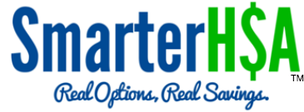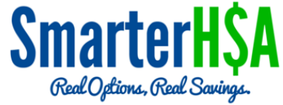|
What are the key differences of an HSA and an FSA? Below are some key items to make sure your employees are educated on.
Contribution Limits HSA: $3,350 Ind / $6,750 Family FSA: $2,550 Ownership and control HSA: You FSA: Your Employer Funds Rollover HSA: Forever FSA: Up to $500 annually, if adopted by the plan. Funds Invested HSA: Yes FSA: No Earnings grow tax-free HSA: Yes FSA: No earnings Contribution changes allowed HSA: When you want FSA: No Withdrawals for non-medical expense HSA: Allowed at age 65, taxed as income FSA: Not allowed Reimbursement Deadlines HSA: At any time FSA: Within 90 days of plan year-end
0 Comments
For a majority of consumers, an HSA is viewed as simply a savings account for medical expenses that provides some tax benefits.
|

